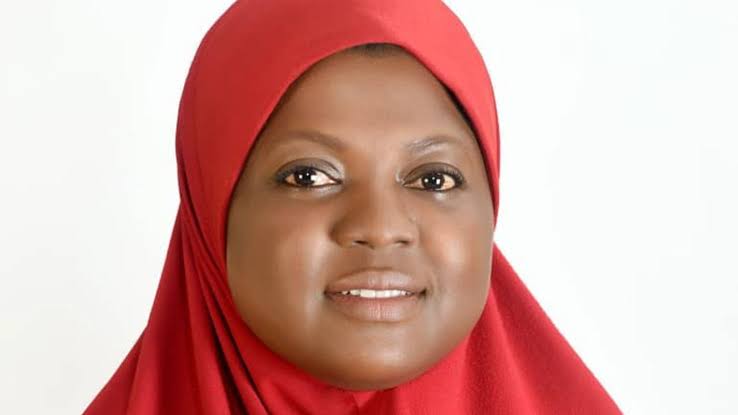
The new Chairman of the Chartered Institute of Taxation of Nigeria, Lagos District, Zaynab Abdulkareem, has called for the need to reinvigorate tax paying culture in Nigeria.
She made this known during her investiture as the 18th istrict Chairman held in Lagos on Saturday.
She noted that the huge chunk of what the government is expected to generate next year is coming from non-oil revenue which taxation is a major part of.
She said, “The government is proposing to raise about N9trillion as internally generated revenue, and over N1trillion out of that amount is going to be generated from non-oil revenue. So if out of the proposed revenue, N1.7trillion thereabout is coming from non-oil revenue, that means a huge chunk of what the government is expected to generate next year is coming from non-oil which taxation is a major part of.
“So, it is imperative that we start talking tax and improving our tax paying culture. These are the key things this district is going to be working on this chairmanship year.”
Abdulkareem, however, promised to prioritise innovation and creativity during her chairmanship year, adding that her leadership would build on the legacies of her predecessors through capacity building and membership drive.
She said, “The core mandate of CITN is to ensure continuous training of people who need to be tax practitioners in Nigeria. What we are going to be doing is using all avenue including ICT for training and rich contents. We will explore internal and external resource to enhance the technical capacity of members to update their professional knowledge through regular monthly training webinars and symposiums.
“We will encourage our members to take advantage of the Mandatory Professional Train Programs organised by the institute from time to time. Our efforts will be geared towards improved membership welfare and intensifying efforts on such activities that will encourage members participation and involvement at the national and district levels.”
The Chairman in Council, Adesina Adedayo, urged the new leadership to focus on institutional strengthening to build a strong and resilient institutional framework, as well as the technical ability that makes professionals worthy of emulation.
He also advised on networking effectively to build bridges of harmonious relationships among tax professionals and other professionals.





